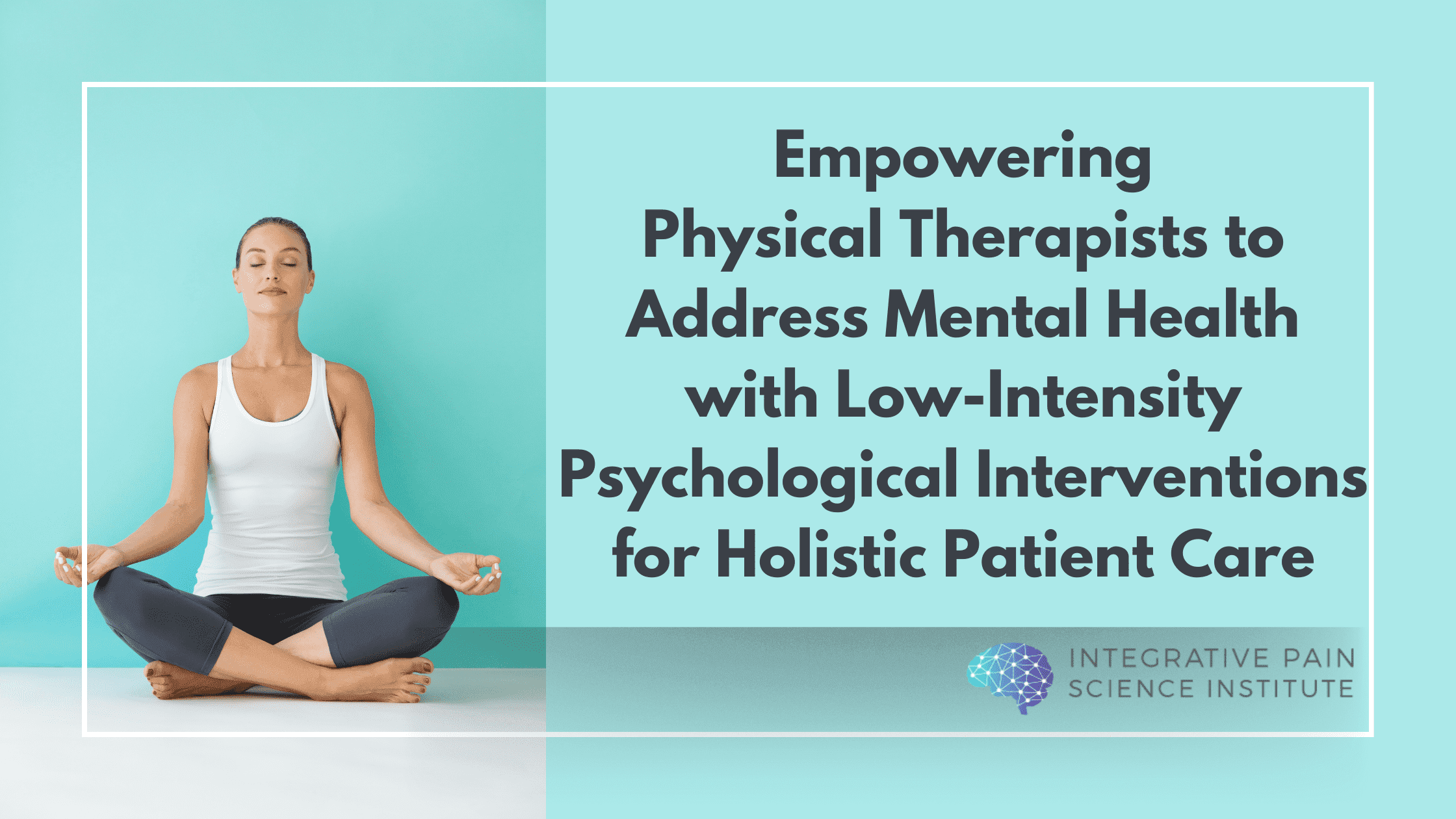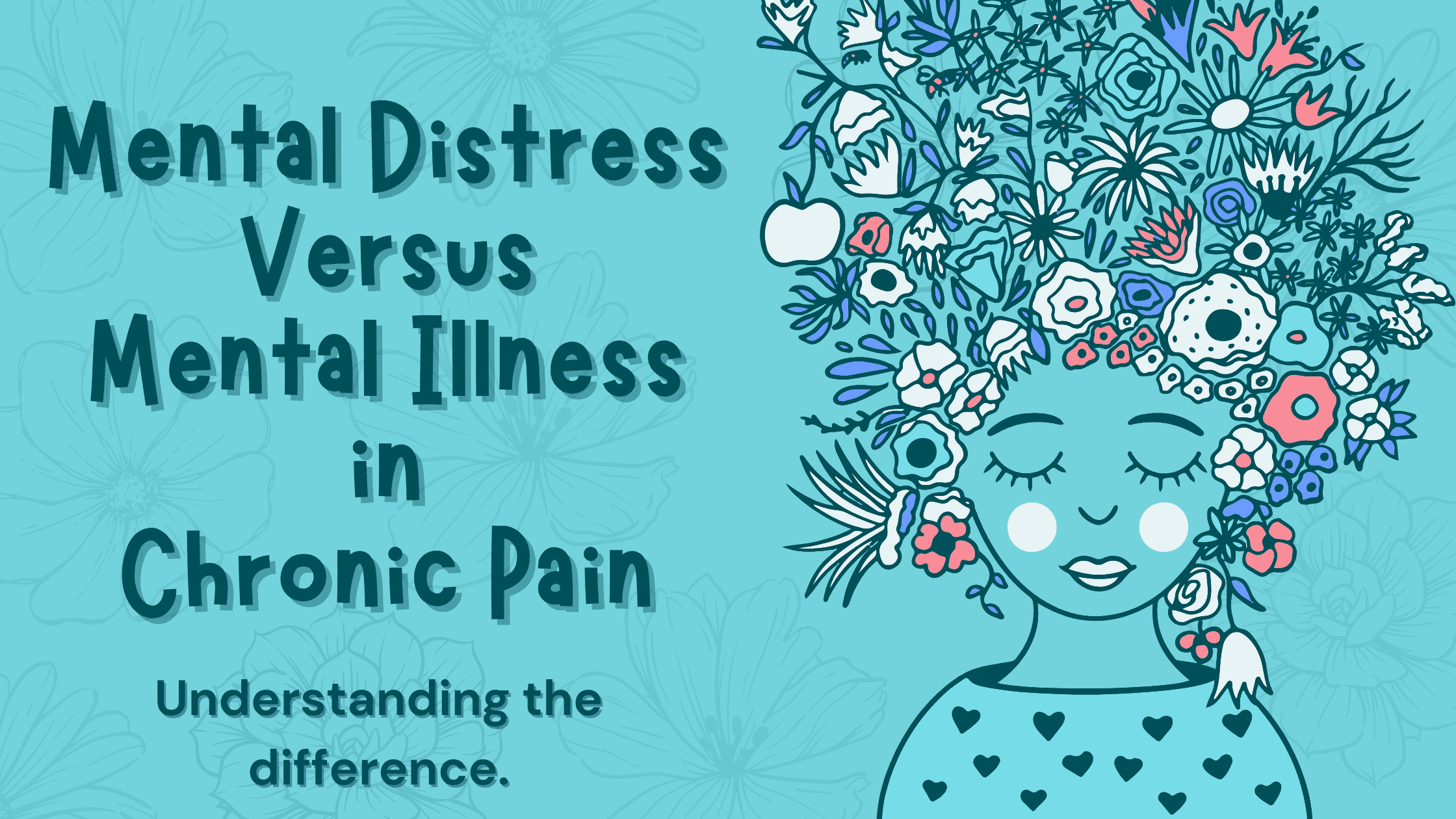Autoimmune disease affects more than 23.5 million Americans. It spares no race, culture or gender, although women of childbearing age are the most likely sufferers. For whatever reason, that is a time in a woman’s life when it first appears. And pregnancy, for reasons not yet fully understood, can either inflame the autoimmune response or temper it.
Rather than defend the body against bacteria or viruses (what a healthy immune system would do), with autoimmunity, the body produces autoantibodies against its own tissues. This “fighting of self” creates a cascade of reactionary responses in the body. One signature autoimmune response is a swelling of joints, causing a lot of pain for the sufferer. Identifying those “triggers” that cause the “flares” is extremely important. Stress, sun, bacterial infection, diet can all play trigger roles. Sadly, for some women, pregnancy can be a trigger.
For a pregnant woman, adding a growing fetus to this already complicated scenario can create even more unique responses in the body. Women with autoimmune diseases can safely have children, depending on the disease and its severity. For instance, women with lupus have a higher risk of preterm birth and stillbirth, and women with myasthenia gravis (MG) could experience trouble breathing. For lupus and MG, symptoms could flare up, but for women with rheumatoid arthritis (RA), for example, symptoms can abate during pregnancy.
RA affects approximate 1% of the US population and has hallmark features of inflammatory arthritis causing pain, stiffness, swelling and limited function of joints. Pregnant women often feel a relief from these painful systems during pregnancy. As a matter of fact, 75% of pregnancies are accompanied by a lessening of RA symptoms with the pain returning about 3 months post delivery.
The microbiome during pregnancy also plays a critical role in the health of the baby and can influence symptoms of autoimmune disease. During pregnancy, the microbiome remodels itself to facilitate the necessary immunological and metabolic changes needed to grow a healthy baby. These changes make sure that certain traits are transferred to the baby. Gut microbes change in composition from the first trimester to the third trimester. As pregnancy increased the diversity of the microbiome may change and may create a disease-related bacterial increase or inflammation that increases over the course of pregnancy. This change in the microbiome might also be why some pregnant women’s autoimmune disease symptoms get worse and others abate, as in the case of rheumatoid arthritis.
The role of the gut microbiome is important to a healthy pregnancy, particularly for women with autoimmune disease. Intestinal permeability is found in many cases of autoimmunity, and damage to the gut can make it worse for mom and baby. Healing the gut is the first line of defense for anyone with autoimmune disease, especially for pregnant mothers to ensure the best health of the baby.
4 Ways To A Healthy Pregnancy
Heal Your Gut – A preconception detoxification program is beneficial for the gut, and the overall health of the mom before pregnancy. Eliminate toxins, including heavy metals and endocrine disruptors 6-12 months prior to conception. Increase consumption of omega-3 fats and cruciferous vegetables which help with detoxification.
Strengthen Your Immune System – If you’re diagnosed with an autoimmune disease, you might benefit from supplementation such as Vitamin D, which supports immune function, increasing sleep and seeking out activities that promote joy, relaxation, laughter, and pleasure. Have your vitamin D levels checked before getting pregnant and supplement as needed.
Test for Chronic Infection – Infection can trigger autoimmune responses in the body. Find a good doctor to run tests to identify infection in the body, and treat the infection. Infection to be on the lookout for include yersinia enterocolitica, epstein-barr virus, klebsiella pneumoniae and clostridium difficile.
In health,
Dr. Joe Tatta, DPT, CCN
References 1, 2, 3
This website uses cookies so that we can provide you with the best user experience possible. Cookie information is stored in your browser and performs functions such as recognising you when you return to our website and helping our team to understand which sections of the website you find most interesting and useful.



